This Indian Startup Is Tapping Into a $1 Billion Opportunity Hidden in Our E-Waste
The other day, I opened my cupboard and found it — an old Samsung J7 smartphone I hadn’t used in years. Its screen was cracked, the battery bloated, and yet, for some reason, I’d held onto it. Below it sat tangled charger cords, a broken mouse, and the remote to a television set that we no longer own.
Sound familiar? Most of us have a drawer or a box like this which is no less than a graveyard of gadgets that we can’t bring ourselves to throw away.
We hold on, not out of sentimentality, but because we don’t know what to do with them. And somewhere deep down, we know the kabadiwala (local trash collector) isn’t the answer.
What we often don’t realise is that inside those dead devices lie valuable metals — gold, silver, lithium, cobalt — the very materials powering our phones, electric cars, and solar panels. Yet, almost all of it ends up in landfills, burnt in back alleys, or dumped in toxic heaps.
India, the third-largest producer of e-waste, generates over 3.2 million tonnes annually, and 95 per cent of it is handled informally, which has wide-reaching consequences.
Toxic fumes from lead and mercury contaminate water tables, and the exploitation of workers, including children, defines this hidden system. But what if your discarded gadget could become part of a larger solution? What if the metals inside your mobile phone could reduce our dependence on mining and imports?
That’s the future Attero is working toward — not just as India’s largest electronic waste or e-waste recycler with 5,00,121 mega tonnes of e-waste recycled and 9,998 mega tonnes of lithium-ion batteries recycled, but as a global cleantech pioneer that’s rethinking how we manage, reuse, and restore the resources we already have.
The waste we generate, the gold we ignore
In 2008, when Rohan and Nitin Gupta struggled to find a responsible way to discard their old laptop, the duo recognised a significant gap in the country’s waste management infrastructure. This realisation led to the inception of Attero, with a mission to revolutionise e-waste recycling through innovative, eco-friendly solutions.
At a time when the word e-waste had not penetrated into a country like India, the brothers started to extract metals like gold, silver, copper, tin, aluminium, lithium, cobalt, manganese and nickel out of electronics discarded by people.
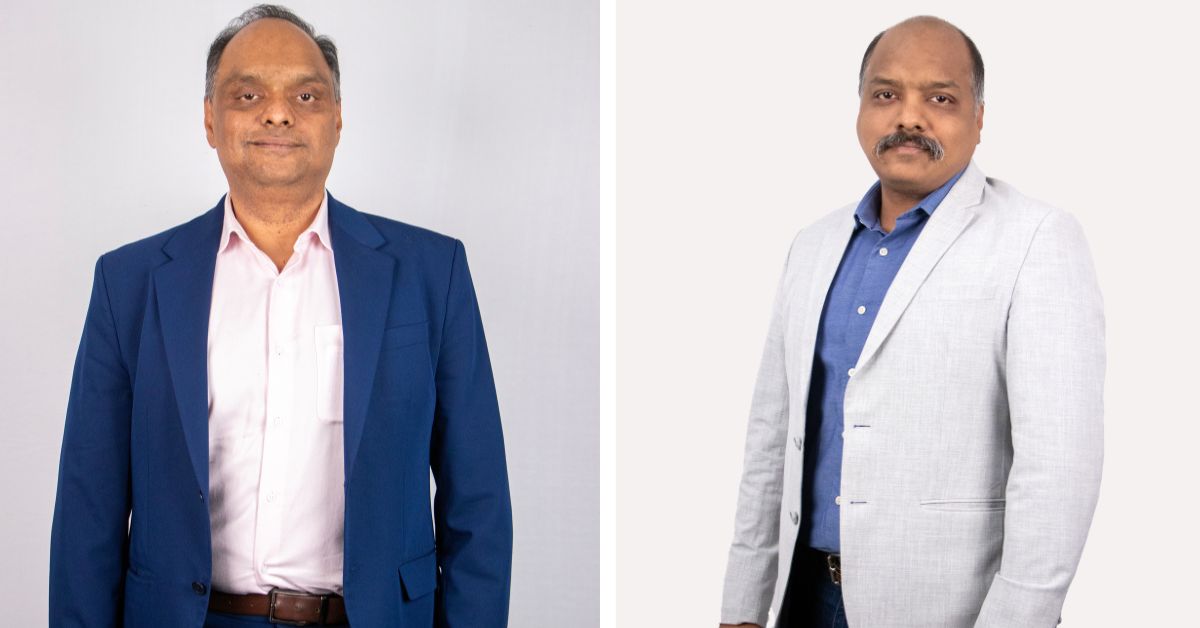 Nitin and Rohan Gupta, the brothers behind Attero
Nitin and Rohan Gupta, the brothers behind Attero
Cut to 2025, Attero has since then become India’s leading e-waste and lithium-ion battery recycling company, offering end-to-end services that recover valuable materials like gold, silver, lithium, and cobalt from discarded electronics. Utilising proprietary technology (technology that has been developed and owned by the company), Attero not only mitigates environmental hazards associated with improper e-waste disposal but also contributes to the circular economy by reintroducing recovered materials into the supply chain.
With a state-of-the-art facility in Roorkee, Uttarakhand, and a commitment to sustainable practices, Attero continues to address the growing e-waste challenge, aiming to make India a global leader in responsible recycling.
The journey since 2021: Attero’s rise
In 2021, The Better India wrote about how Attero, a company based in Noida, was doing well in recycling electronic waste (e-waste). Since then, the company has experienced significant growth and achieved numerous milestones.
“Attero has grown 30 times in revenue over the last four years,” says Nitin Gupta, the co-founder and CEO. “We now process 1.44 lakh tonnes of e-waste, which is a huge increase from just a few thousand tonnes before. Our capacity to recycle lithium-ion batteries has gone up by 700 per cent, and we’ve grown from 50 to over 400 partner companies that make electronics.”
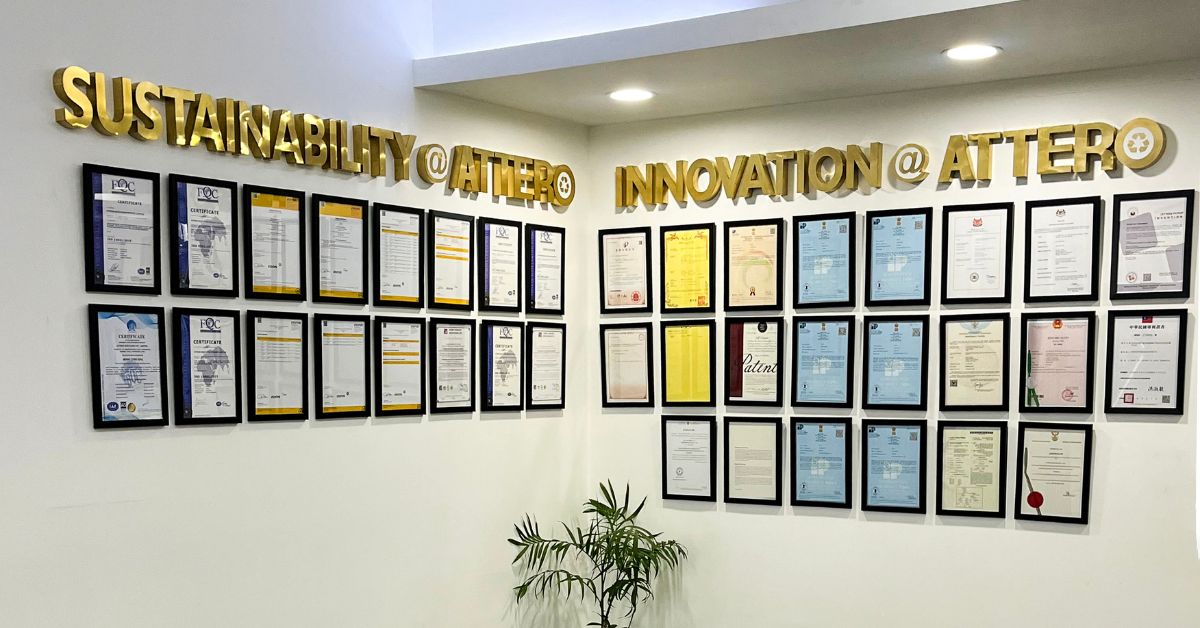 Attero holds over 46 global patents and has applied for many more.
Attero holds over 46 global patents and has applied for many more.
But it’s not just about growing bigger. Attero is now working in over six countries, with offices in the US, South Korea, and Europe. They’re also building new recycling plants to serve global markets. Their plant in Roorkee is very advanced — it can recover more than 98 per cent of useful materials from e-waste. Most recycling plants in the world recover only 50–80 per cent.
Attero has also received 46 global patents, which shows how strong their technology is. They are also the only company in the world that gets carbon credits for recycling e-waste and lithium-ion batteries — a sign that their work helps the environment.
They’ve received important certifications too:
- Global Recycled Standard – Proves their recycled materials are genuine and responsibly handled.
- ISO 14044 – Shows they’ve studied the full environmental impact of their products, from start to finish.
- ISO 14064 – Confirms they’re correctly tracking and reducing greenhouse gas emissions.
“Our technology includes special processes to recover metals from batteries, solar panels, and magnets,” says Nitin. “These innovations are helping the world move towards a circular economy — where waste is reused instead of thrown away.”
But Attero’s true innovation lies in how it sources the e-waste it recycles.
Enter MetalMandi — a platform that digitises India’s 100 billion dollar unorganised scrap market. Launched in January 2025, it allows scrap dealers across the country to list, sell, and transact metal scrap with transparent AI (Artificial Intelligence) driven pricing and secure logistics.
“The scrap supply chain has traditionally been cash-based and controlled by middlemen, and very rarely does the scrap dealer get the entire money that he has hard-earned,” Nitin explains. “With MetalMandi, a dealer in Kolhapur gets the same fair price and service as someone in Delhi. That’s powerful.”
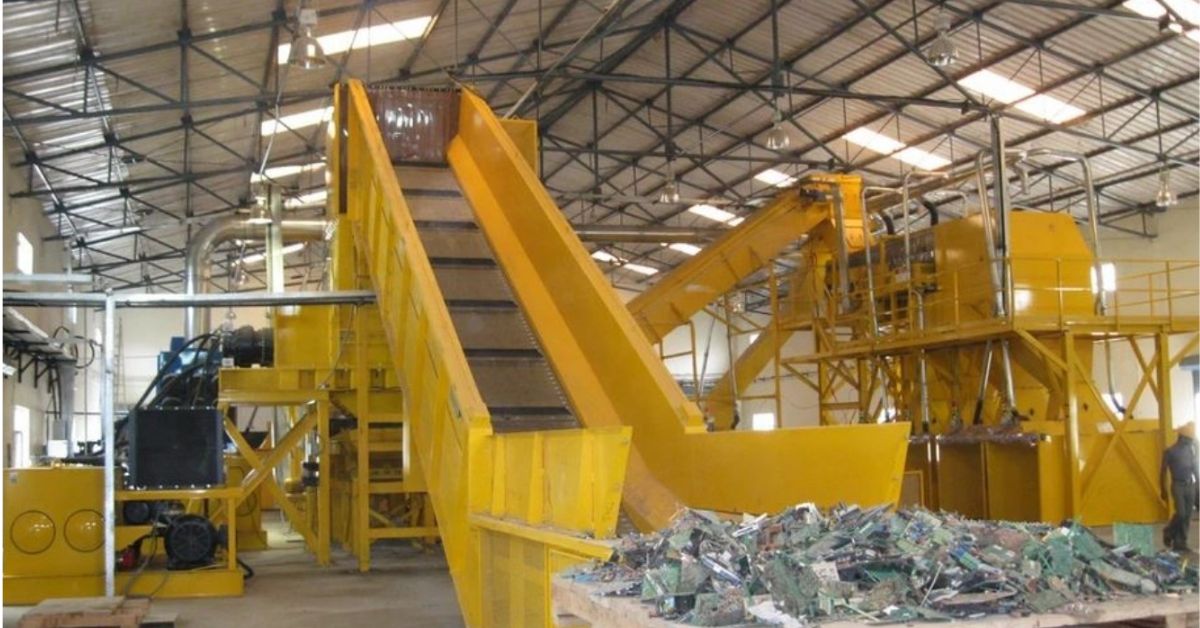 MetalMandi aims to improve to livelihood of scrap dealers who handle e-waste first-hand.
MetalMandi aims to improve to livelihood of scrap dealers who handle e-waste first-hand.
Currently, 70 per cent of Attero’s e-waste comes through MetalMandi, which is targeting 1,000 tonnes of daily transactions by mid-2025. But the vision doesn’t stop there. “We want to formalise this entire sector,” he says. “If a scrap collector earns Rs 10,000 a month today, we want to help them make Rs 15,000,” he shares.
By doing this, their family also receives the benefit. “Their kids go to school, they have insurance, they get the benefit of various government schemes which you get once you are part of the formal economy, like you have a bank account, you can get loans if you want, etc,” shares Nitin.
The platform also brings in digital transparency and traceability. “Any material which is transacted and sold through the Metal Mandi app is traceable. We know who bought it, who sold it, where and when it was picked up, and where and when it was delivered,” says Nitin.
It’s not just about efficiency — it’s about equity.
Selsmart: when recycling comes to you
While MetalMandi tackles the upstream, Selsmart is Attero’s answer to consumer-side chaos.
Launched in mid-2024, Selsmart is a direct-to-consumer (D2C) platform that allows people to sell their old electronics — from phones to air conditioners — with doorstep pickup, fair market pricing, and complete data destruction.
“Selsmart was built to fix the broken experience of selling e-waste,” Nitin says. “As leaders in the market, we noticed that there were no standard prices, no transparency, and a serious risk to data privacy.”
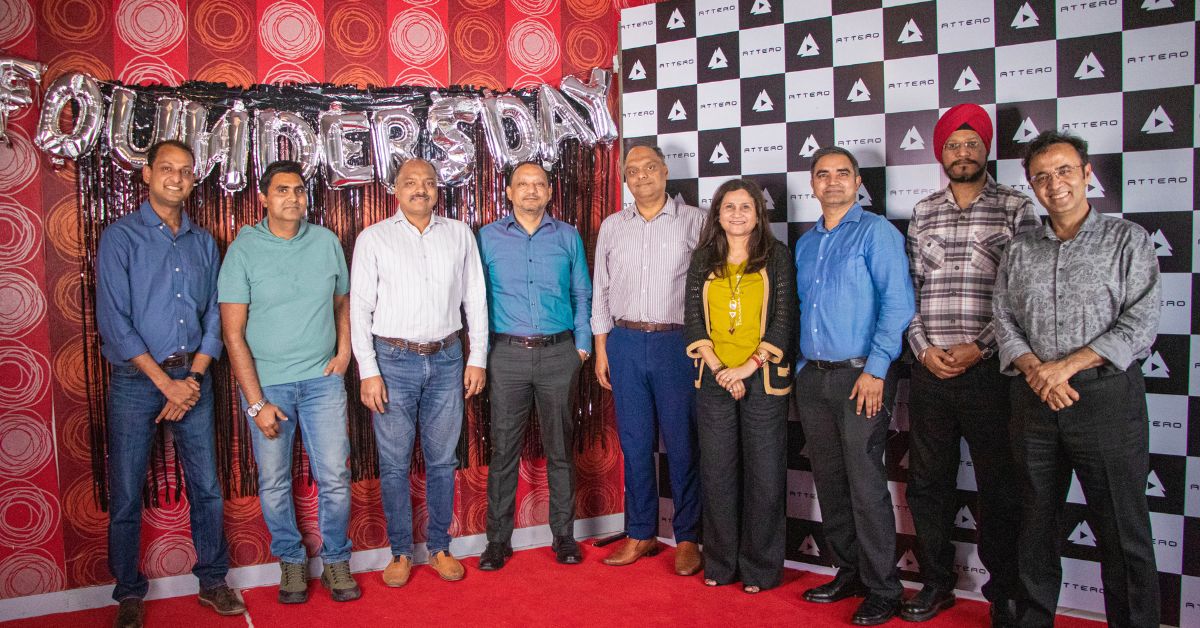 Attero prioritises data privacy while collecting old gadgets from documents for recycling.
Attero prioritises data privacy while collecting old gadgets from documents for recycling.
The platform ensures DoD (Department of Defence)-standard data wiping and disposes of electronics via Attero’s advanced facilities, avoiding the polluting methods common in informal recycling.
For users like Roshan, a 23-year-old Quality Analyst from Delhi, the difference is night and day. “I sold a non-functional smartphone in December. The whole process, from booking to pickup and payment, took just two to three days. It was efficient, transparent, and honestly, it made me want to learn more about e-waste and Attero’s mission,” he says.
Selsmart now contributes 10 per cent of Attero’s total input volume, and with partnerships from brands offering “exchange top-ups,” it’s fast becoming the go-to platform for smart, responsible recycling.
How does this benefit you?
Here’s the most important part: this isn’t just Attero’s story. It’s yours, too.
You can:
- Use platforms like Selsmart to safely dispose of your electronics
- Tell your friends and family about the risks of informal e-waste handling
- Support local kabadiwalas by encouraging them to explore tools like MetalMandi
- Choose electronics brands that offer responsible take-back programmes
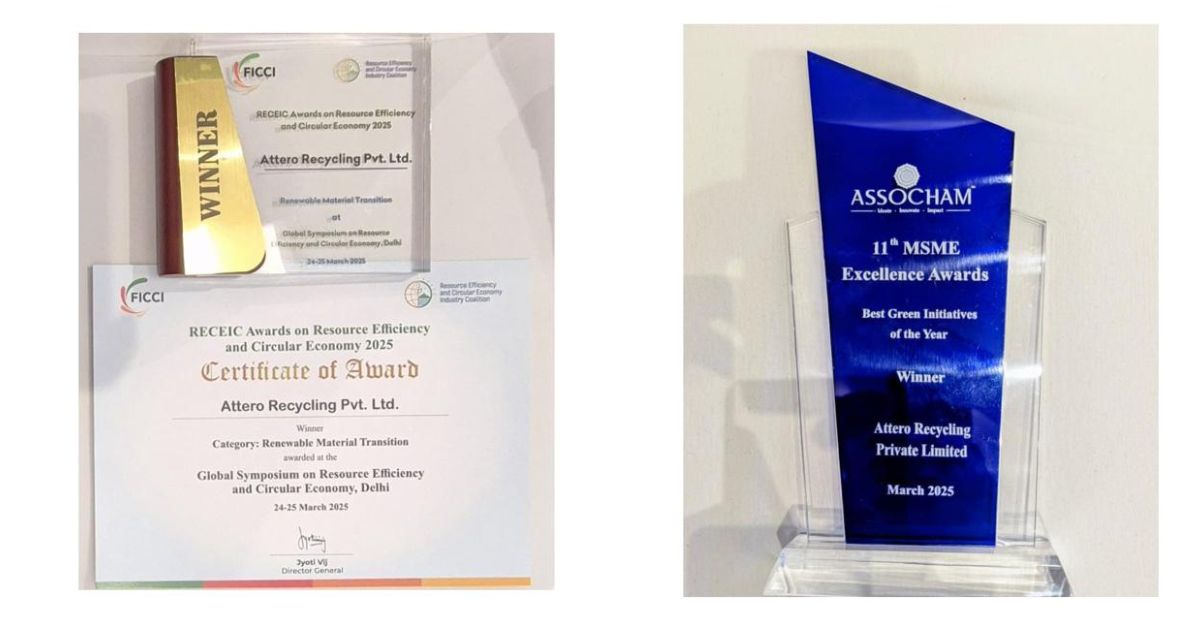 Platforms like Attero helps citizen to contribute in the best way possible.
Platforms like Attero helps citizen to contribute in the best way possible.
Sustainability can be achieved by just doing things in smarter ways! It’s about the power we have as consumers to make better choices, and the responsibility companies have to offer better solutions.
It’s not waste, until it’s wasted
Attero’s journey shows us that change doesn’t always come through protest or policy. Sometimes, it starts with a bloated battery and a cracked screen — and a decision not to throw it away.
From rural scrap yards to Roorkee, from AI labs to the homes of everyday citizens, Attero is helping us look at waste, not as a problem, but as a possibility.
And maybe, the next time you find an old phone in your drawer or see a disused appliance at home, you’ll pause and think of it not as junk, but as a building block for a cleaner, smarter India. Because in Attero’s world, it’s not waste, until it’s wasted.
Edited by Saumya Singh. All images courtesy Attero.
##QA-TP1##
News